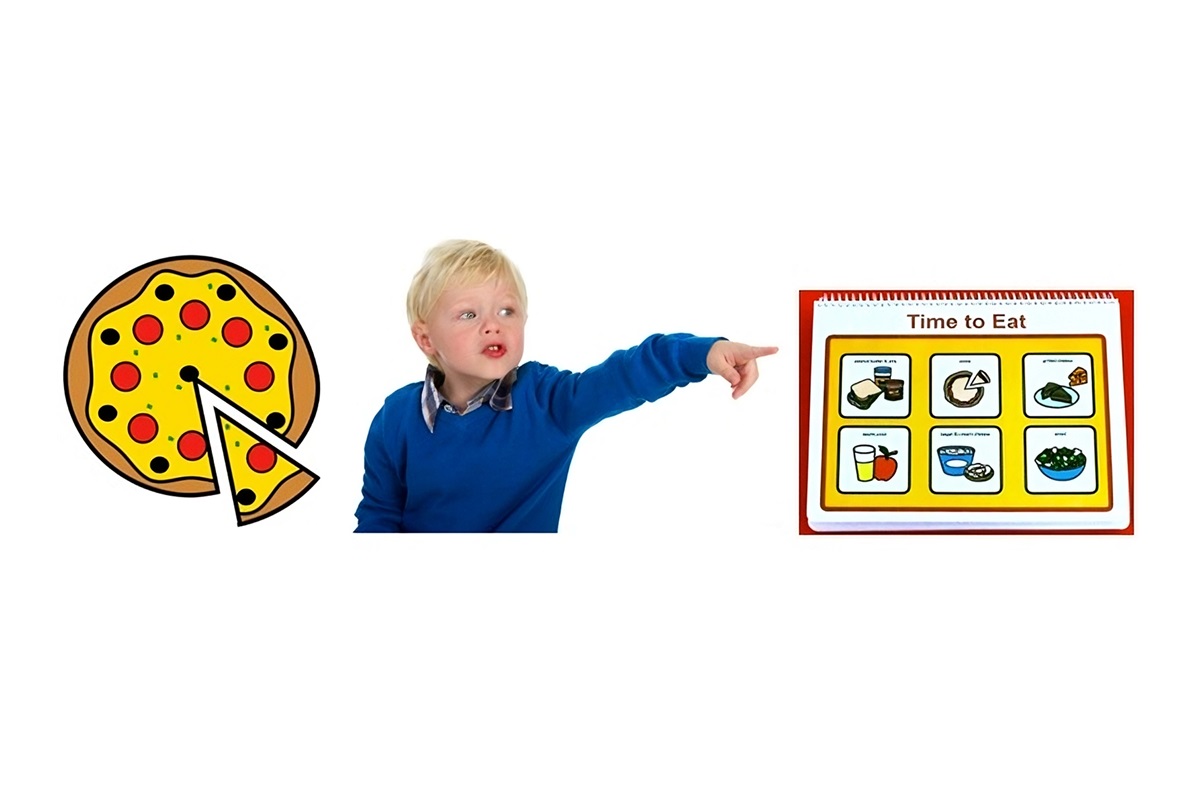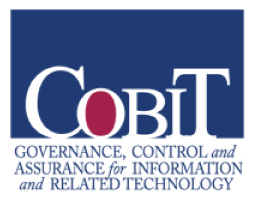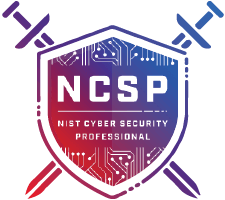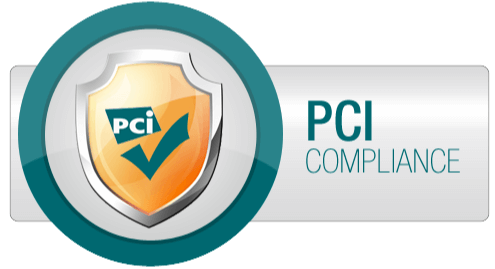Using Applied Behavior Analysis (ABA) in Everyday Routines to Promote Language, Communication and Social Skills for Young Children with Disabilities
Routines are part of daily life and are a great place to embed teaching and intervention. An enormous amount of learning can take place when children are involved in daily routines that parents do with their children every day, such as:
- bathing
- feeding
- playing
- diaper changing
- riding in a car
These daily events provide opportunities for repetitive learning in a natural, enjoyable yet structured way.
Family-guided routines based intervention (FGRBI) is a research-based approach in which intervention is consistently implemented by all family members and service providers throughout the day. Routines occur:
- wherever the family is
- whenever the need arises
- however the family chooses to complete them
Instead of scheduling the family activities around the child’s therapy sessions and at home lessons, in a family-guided routines based approach, the family activities become the child’s therapy and practice.
Using the principles of Applied Behavior Analysis and FGRBI parents and caregivers can easily promote language and social skill development with their young child:
1. Use Your Child’s Interests During Dinnertime Routine to Encourage Communication
It’s dinnertime and pizza night! Your child’s favorite food! Let’s use this an opportunity to teach language and socials skills.
Instead of simply giving the pizza to the child, encourage the child to ask for the pizza by:
- pointing
- giving you a picture of the pizza
- choosing pizza from other foods
- by saying the word “pizza”

2. Using Rewards During Bedtime Routine to Encourage Appropriate Behavior
Bedtime is one of the toughest times for parents often with their child exhibiting challenging behavior but is a routine that happens every day. Using rewards can help teach appropriate social skills.
Bedtime is one of the toughest times for parents often with their child exhibiting challenging behavior... Using rewards can help teach appropriate social skills.
Rewards could be as simple as celebrating or praising the child for putting his pajama’s on without crying. If you have more steps to complete, use a simple token board along with a reward that your child likes… let’s say story time! Your child would receive a token (and your praise) for each step they complete without crying:
- taking a bath
- brushing teeth
- putting on pajamas
- taking medicine
- getting into bed
Their big reward at the end would be Daddy reading them a story.
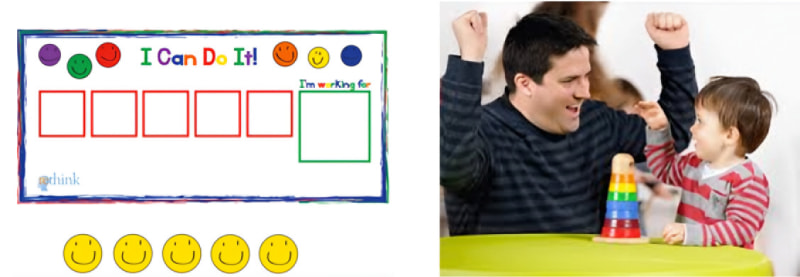
3. Use Fun Activities During Cleaning and Gardening Routines to Promote Language
Routines can be made out of anything that a parent and the child do together regularly. Routines can be created around:
- planting
- watering plants
- changing a bandage
- feeding the cat
- baking cookies
The best learning opportunities are the ones that are the most interactive and the most fun.
As you are gardening together have your child identify the color of the flowers to encourage labeling and language expansion. If your child has not yet developed verbal language skills, ask them “show me the blue flower” and they can point to the flower. If they have some verbal language, you can help them by modeling the answer, and having them repeat, or by starting to say the color e.g. “the flower is bl…” and have your child complete the word.
As you are cleaning up their bedroom, you can engage your child with a clean-up song. This will promote your clean up routine and will encourage language development for your child.

Additional Resources:
Power of Using Everyday Routines, (hanen.org)
Examples of simple visual cues, Autism Speaks (autismspeaks.org)
Family Guided Routines Based Intervention, (fgrbi.com)
Clean Up Song Examples, We Are Teachers (weareteachers.com)
Cleanup Chart Examples, Free Printable Behavior Charts (freeprintablebehaviorcharts.com)
